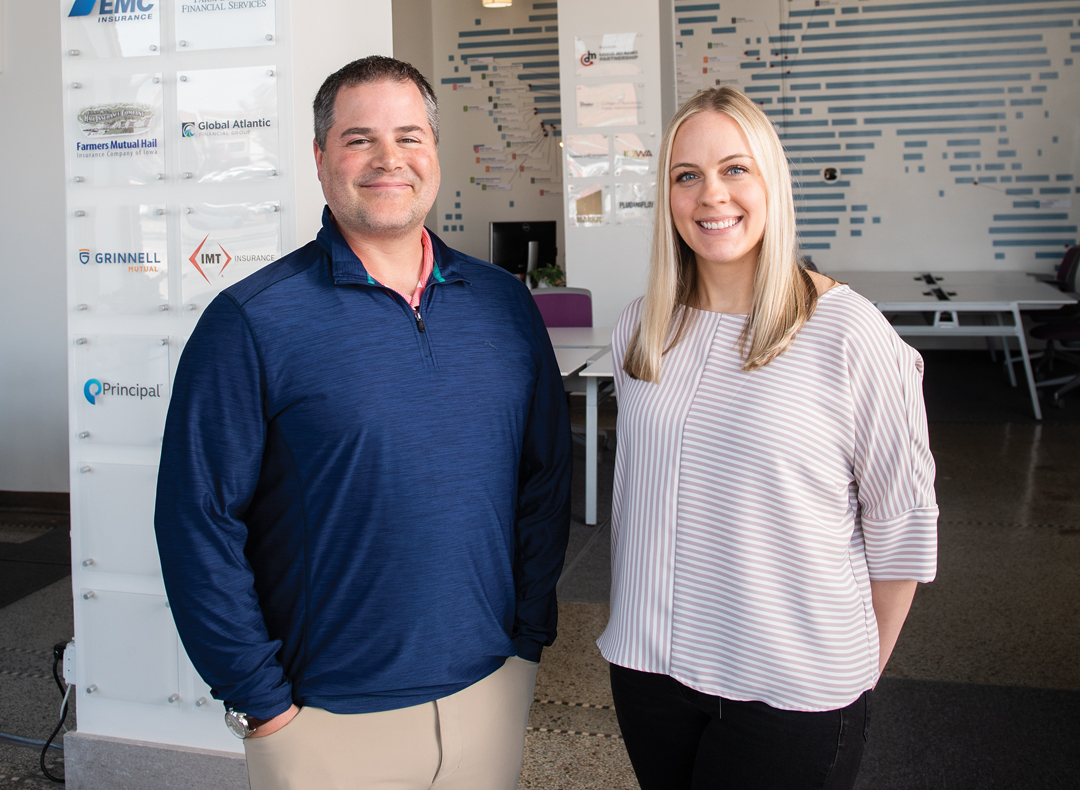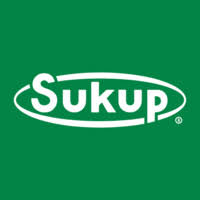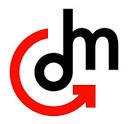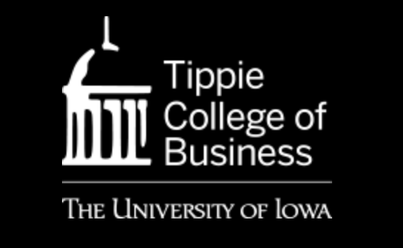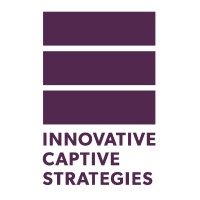Meet the new duo leading the Global Insurance Accelerator
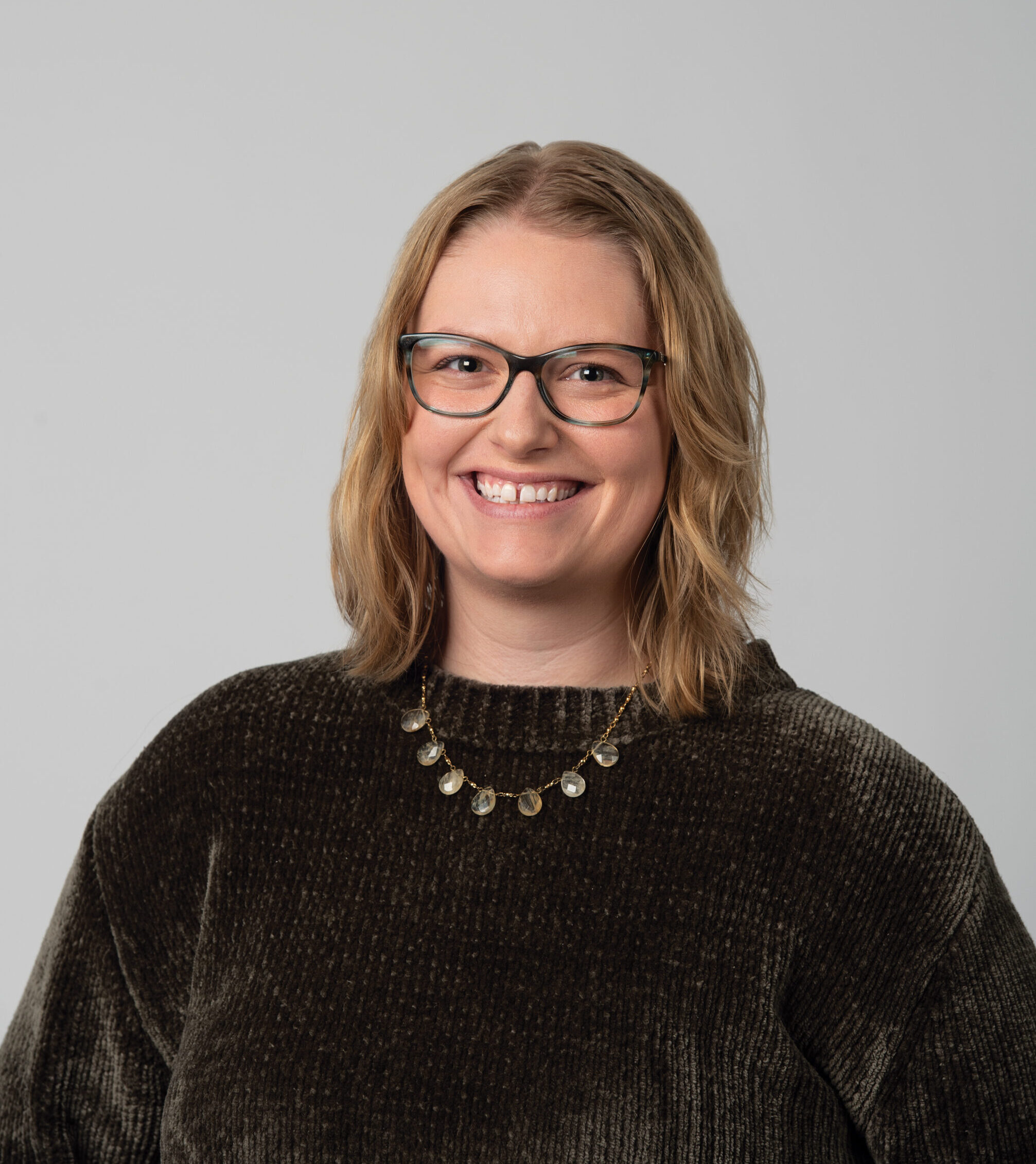
Sarah Diehn May 19, 2023 | 6:00 am
<1 min read time
0 wordsInnovation and Entrepreneurship, InsuranceA new team is at the helm of the Global Insurance Accelerator, which recently wrapped up its ninth 100-day program with the annual Global Insurance Symposium held in Des Moines in April.
Dan Israel and Jess Louis are the GIA’s managing director and program manager, respectively, filling the roles previously held by Nicole Gunderson and Megan Brandt.
But the new additions don’t stop with Israel and Louis. The GIA team now totals three members with the new position of alumni director added last year. Jim Lewis, an entrepreneur and alumnus of the program, took the job to help the GIA serve a growing number of alumni.
“As our alumni base continues to get larger, there’s an opportunity to provide longer tail support to those groups,” Israel said.
Lewis is developing a program that will tailor support to the different stages of GIA alumni companies.
Before coming to the GIA in 2022, Israel spent six years at Principal Financial Group and Louis worked for several nonprofits in operations and volunteer management.
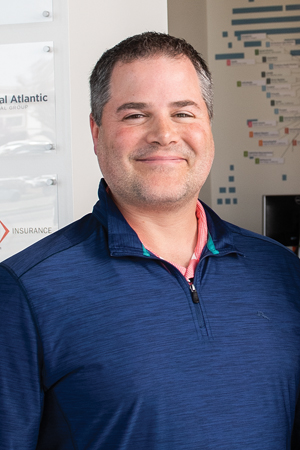
At a glance
Dan Israel
Hometown: Clive Education: Bachelor of Business Administration in finance and economics, University of Iowa; Master of Business Administration, Northwestern University. Work background: Principal Financial Group: assistant director, Principal Global Investors, 2015-2019; assistant director, enterprise strategy and innovation, 2019-2021; director, enterprise strategy and innovation, 2021-2022. Joined the Global Insurance Accelerator in May 2022. Activities: Spending time with family and golfing Contact: dan@insaccel.com
At a glance
Jess Louis
Hometown: West Des Moines Education: Bachelor’s degree in human services, Iowa State University. Work background: House services and volunteer program manager with Ronald McDonald House Charities, 2018-2021; volunteer and club manager at Boys and Girls Clubs of Central Iowa, 2021-2022. Joined the Global Insurance Accelerator in September 2022. Activities: Practicing yoga and teaching classes at Power Life Yoga Contact: jess@insaccel.com
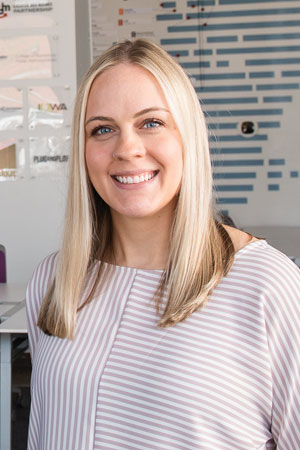
We recently caught up with Israel and Louis about their transition and future goals for the GIA.
This Q&A has been lightly condensed and edited for length and clarity.
How have your previous roles translated to your work at the GIA?
Israel: I think part of it is you think about how the GIA is structured. We have insurance company carriers and partners that operate as our board. They operate as our strategic partners and they are the ones that ultimately select the companies that come in. As we think about the offerings that we have at the GIA, we do it by thinking, “What’s the best thing for the carriers?” We try to strike a tripod balance between what’s good for our investors and carriers, what’s good for the industry at large and then what’s good for the founders. As we think about those three things, that background in how carriers can partner with accelerators and external innovation sources like the GIA, that experience at Principal and knowing what I was looking for allows me then to come to the GIA and say, “Hey, these are the things that we want to continue to work with big insurance companies on.” We need to be helping our founders understand how to work with these folks, and how better to connect them in. It’s looking at a very similar problem just from the opposite side of the table.
Louis: I actually studied human services in college and started my career in the nonprofit sector. I was general operations as well as volunteer programming so I was able to find my own little section of this insurance world within the human connection aspects, with our mentors that are able to connect with our founders. And being able to see them grow and continue to foster those connections is just a really rewarding experience for me.
In addition to mentorship, what are some of the key aspects to the founder experience in the GIA?
Louis: We really advise our founders to go into the 100-day program with an open mind. We hold workshops for them about three times a week, and this can be anything from product-market fit, to sales, to something as simple as how to be a CEO. So we really tried to make this a well-balanced 100-day program where they can learn all aspects behind their business on top of the mentor program too.
Israel: We spend a lot of time working with each founder on their specific needs. Because we have such a broad mentor pool that is built and maintained, it allows us to say, “Jess is founder X and I’m founder Y, and I need help being the CEO and I know that I need marketing help.” Jess may have a lot of that figured out. She needs distribution, she needs to understand how to sell it. We have mentors that we can pair specifically for those problems and for those folks, and it’s because we have such a well-rounded mentor pool and Jess does such a great job of understanding from the mentors, what their kind of expertise is, as well as the founders. We dig in deep with them to say what are the really specific three to five needs that you have as you come into the 100 days?
What is the GIA hearing from its investors about current needs in the insurance industry?
Israel: I think anything that helps to make the underwriting process or the application process more efficient is always something that they’re interested in. I think that the concept of advanced underwriting isn’t going away. They’re always looking for the opportunities that really provide the tools that will let them do that. They’re also looking at new ways to connect with employees or with their customers. It may be new products that help drive loyalty, that help drive retention. We have a firm that is looking at an algorithm and machine learning around how to tell which clients and customers of yours are likely to leave. It’s everything from how do we get customers in through the process to how do we keep them in the process, as well as new products that are out there that say how do we reduce the risk in which we operate. If you went and searched “What are common themes in insurtech?” the themes don’t really change, we just tend to be right on the tip of the spear of what’s out there.
What has it been like transitioning to working on a team of three?
Louis: Coming from nonprofits, if it needs to be done you just kind of do it, so that’s kind of ingrained in me. I just see something that needs to be done and I just go do it. It’s really fun to see the dynamic between Dan and I because we do have such different backgrounds. He’ll get really excited about doing something around the office or anytime he can bring in his tool box or something. He gets really excited and so it’s really great to see him thrive in this new way of working. From my side of things just working in the insurance industry, I’ve been able to learn and meet so many new great people in the industry. Before this, I thought nonprofit was the best way to push the community and help drive things forward, but I also learned that in something as special as the GIA, I can also kind of put my touch on the community and help drive things through this new position as well.
Israel: Obviously, there’s a significant difference in the way that we operate versus a large company. It’s my first time reporting to a board and really trying to figure out how to leverage industry leaders as strategic support of the business. But I think the biggest thing for me has been the realization of just how important having the right team around you is in this type of world. I know that the best decision that I will have ever made coming into the GIA is somehow convincing Jess to take the job as the program manager. One of our founders the other day said it best: Jess is the one that makes the world turn here at the GIA. I’ve never been in an organization where one person made that big of a difference. I think what that’s shown me is Jess and I have very different backgrounds, very different skill sets, but we also know how to play in our lanes and know where to pull the other one in when we need it.
What are goals or ideas for the future of the GIA?
Israel: We said when we took the role that for this first program we were going to follow primarily the playbook that had been laid out over the last nine years, partly because regardless of the changes that we make, the GIA has been in existence for nine years because of the way that we operate. We don’t want to lose the foundation and the feeling of who we are. We will still be the GIA going forward. We’re still going to operate with carrier partners, we’re still going to operate with the mentor program that we have and look for these types of founders. But I think the way in which we do it, whether that be curriculum, whether that’s some of the partners that we may pull in, whether that’s how we go forward facing into the market and how we talk about ourselves, some of that will start to change. I think you’ll see where Jim’s marketing background will start to show through, I think you’ll start to see that in some of the ways that Jess trains some of the mentors and you’ll start to see that in some of the ways that we highlight the program. We’re thinking about what are the right things for our founders, futurewise, to be learning and doing so that they have the best opportunity to succeed?
Louis: On the mentor side, after connecting with them, they are just so eager to help in any way that they can. Anytime we would reach out to them and ask if they knew anyone or had any kind of expertise in this area, they would all jump on that opportunity. I’m really excited to see how we can incorporate our mentors further into the program and really help them grow their own professional experience through being a mentor because I feel like that’s one of the greatest reasons behind being a mentor is they learned just as much from the founders as the founders learn from them. They learned to think outside of the box and to challenge the regular way of thinking. From the founders’ perspective, we’re really excited to put our own touch on the program, whether that’s more of a curriculum-based experience, just a little bit more of a format to our program.

Sarah Diehn
Sarah Diehn is editor at Business Record. She covers innovation and entrepreneurship, manufacturing, insurance, and energy.

